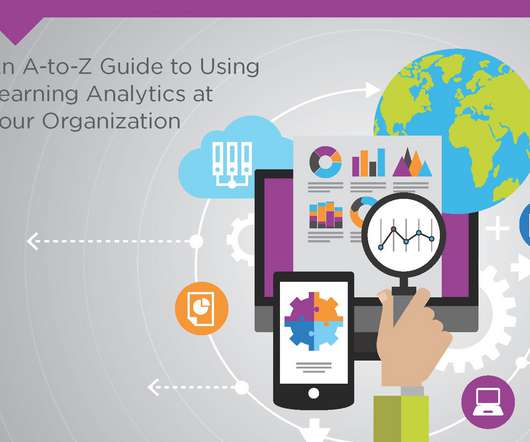If the spacing effect is so great, why is nobody using it?
Learning Pool
FEBRUARY 28, 2022
Learning technology now provides tools that make it almost easy to instrument a system in which the spacing effect can set the rhythm and tempo of learning interactions and programs that treat learning as a process, not an event. . Very few organizational learning programs make use of the spacing effect, currently. .

































Let's personalize your content